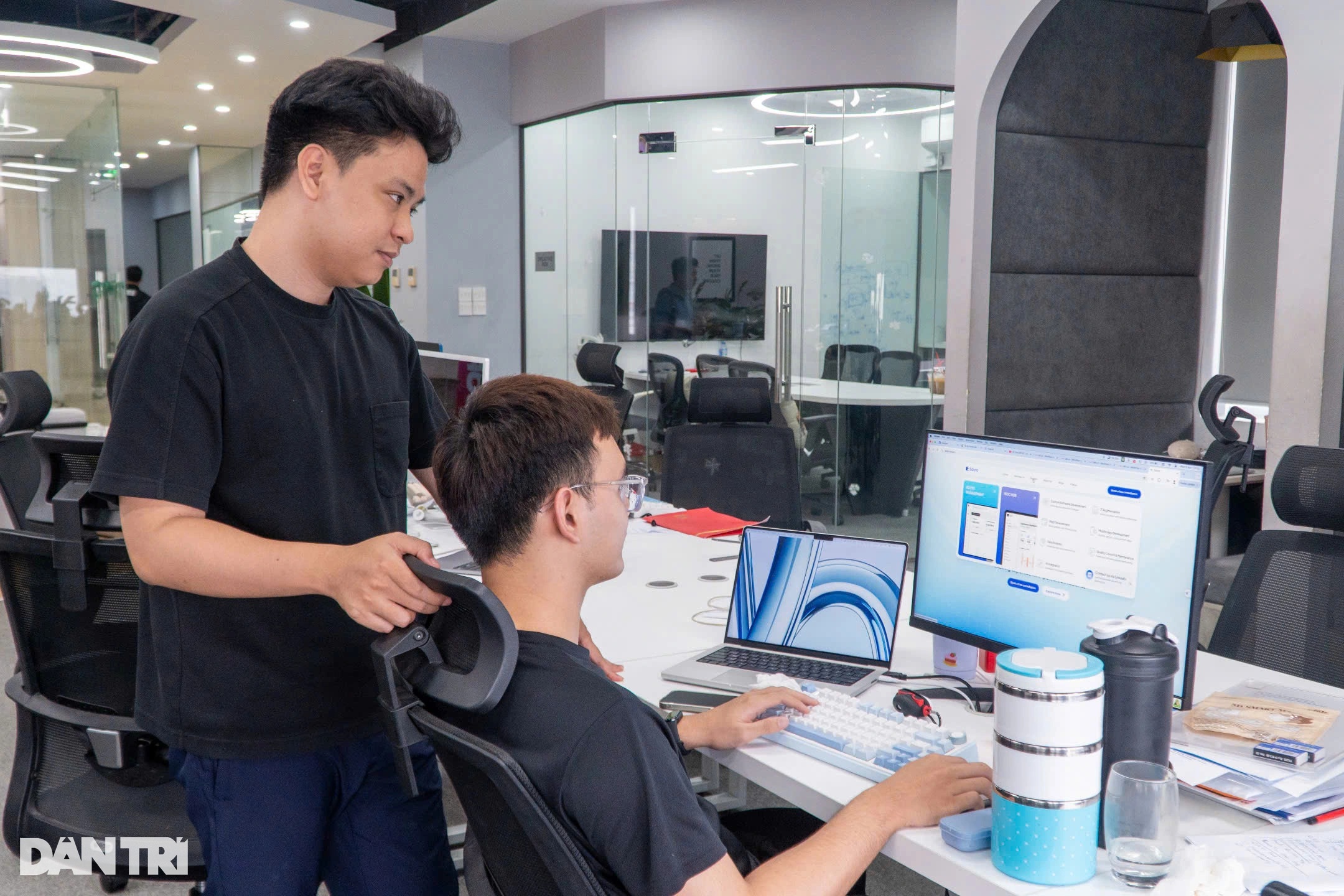
AI won't replace you, but AI users will
"Artificial intelligence will not replace humans, but those who know how to use artificial intelligence will do so."
This is what Nguyen Viet Hung (born in 1995), CEO of an AI application software development company in Hanoi , often told his staff a few years ago.
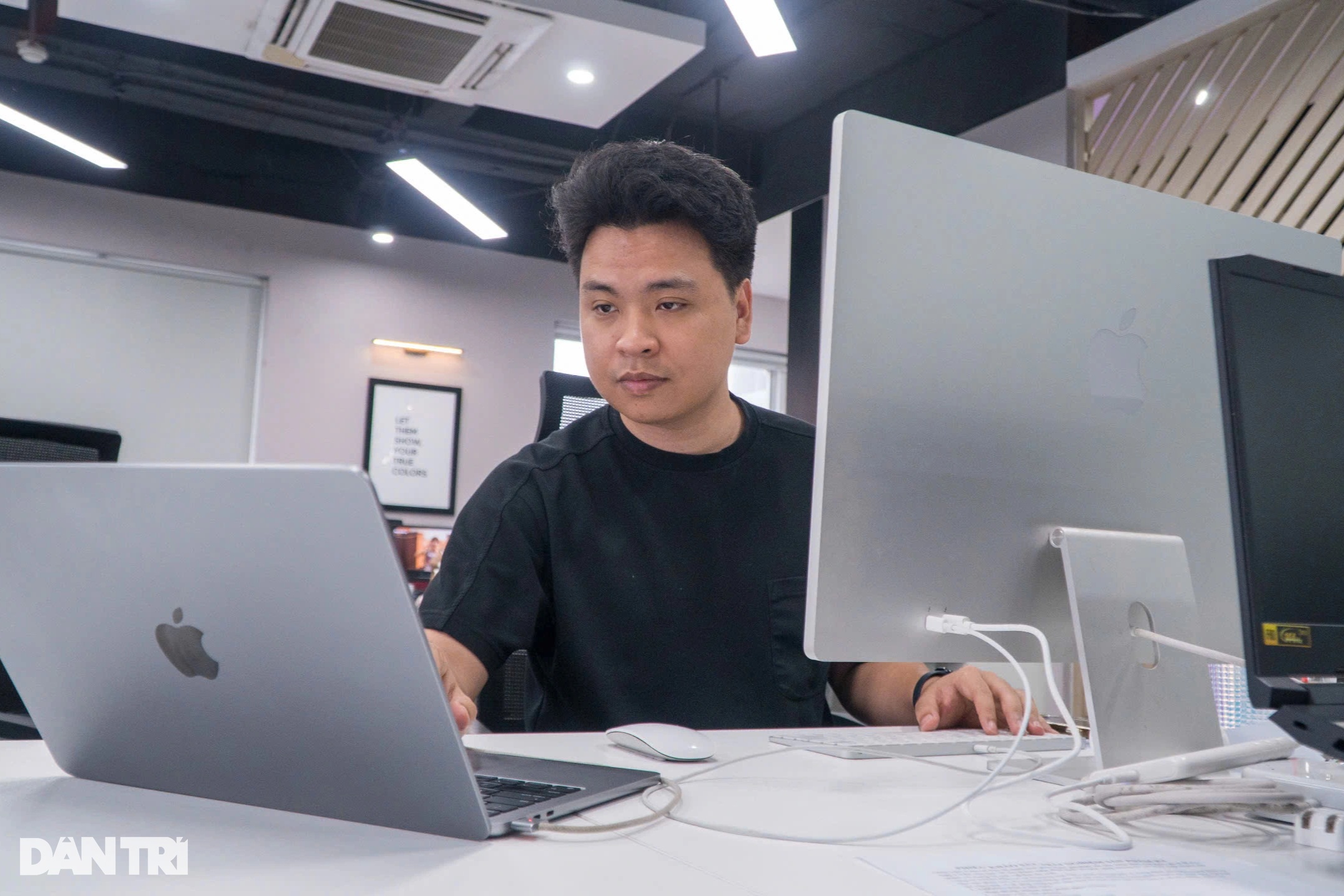
Nguyen Viet Hung (born in 1995), CEO of a software development company in Hanoi.
This CEO said that from conversations in the company, people gradually changed their perception, moving from curiosity to proactively learning because they did not want to be left behind.
From the beginning, the company has directed 100% of employees to know how to integrate AI into their work, but not everyone understands how to do it correctly.
"Artificial intelligence is a very broad concept. There are about 30,000 to 40,000 different tools out there. Just saying that human resources need to know how to use AI is very general," he commented.
According to Hung, using popular tools like ChatGPT is just the beginning. What makes the difference lies in the ability to apply AI in depth in each field.
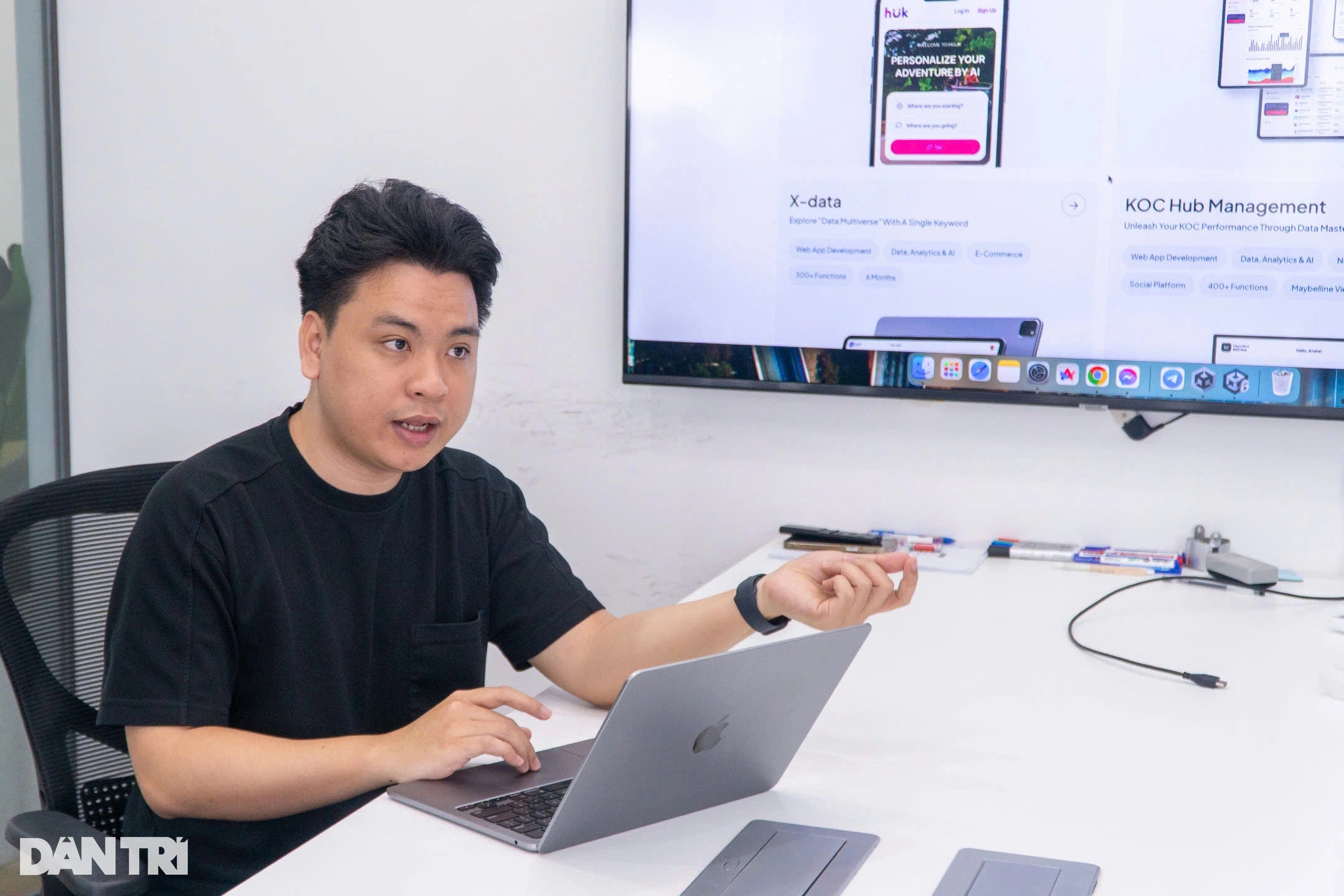
"Artificial intelligence will not replace humans, but those who know how to use artificial intelligence will be able to do so," Hung shared.
This is a type of tool specifically designed for fields such as software, testing, finance, customer care... and is a "weapon" that creates a superior advantage for those who know how to exploit it.
Data from the company shows that after introducing specialized AI tools into the workflow, software development speeds tripled, even quadrupled. Error rates also dropped by about half.
Instead of cutting staff when AI has helped "one person do the work of three", this CEO said his strategy is to keep the staff the same to create a sudden growth in the quantity and quality of work. From there, the business can enter a bigger playing field.
However, Hung emphasized that not all AI is effective.
"Everything has two sides. For those who approach machines and do not understand the nature of the work, using tools can make things more complicated. Errors increase, efficiency decreases, because they are not able to control the output of AI," the young director commented.
From that reality, the company built a clear principle: do not use AI if you do not really have a solid grasp of the expertise. Otherwise, users will just be the weak link in a dysfunctional system.
“You have to understand the nature of the tool’s output. Otherwise, it will create a patchwork system that is unmaintainable and risky for customers,” Hung added.

AI tools are like a double-edged sword.
Productivity skyrockets thanks to AI, will employees get a raise?
AI is applied specifically in many directions at this enterprise.
Testing teams no longer have to manually draft documents or scripts, but focus on optimizing the process so that AI can automatically handle the rest.
Customer care and solution development teams also use tools to analyze data, understand users better, and make more tailored recommendations.
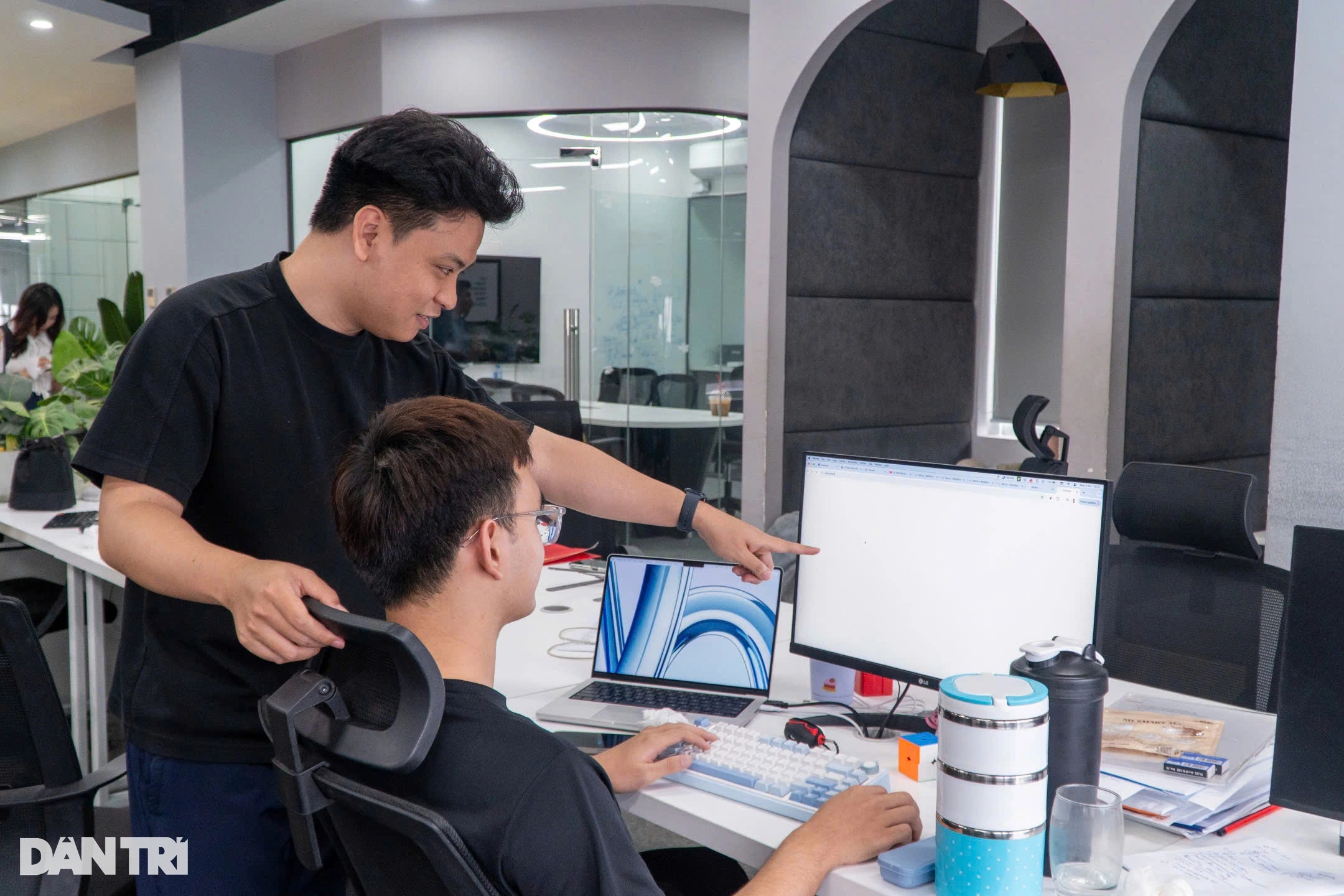
AI is applied specifically in many directions at this enterprise.
"When you understand your customers deeply enough, you can come up with solutions with a high probability of success," Hung shared.
However, increased productivity also brings new pressure: do employees enjoy the added value?
This is no easy task for any business. In the past, teams would meet to estimate the time needed to develop a new feature. But now, as AI dramatically reduces deployment times, expectations have changed.
"HR also understands that. They understand that if they keep doing things the old way, they will be the first to be reconsidered. Either you change or the business is forced to change you," he said frankly.
According to Hung, when AI helps increase productivity, it will lead to a situation where businesses sell products at a lower price to compete on price. This CEO likened it to the story of farmers "having a good harvest but losing prices".
"Therefore, it is not that employees will triple their workload compared to before thanks to AI, but their income will triple. However, they will also have better salary and bonus growth thanks to increased company revenue due to the advantages created by AI. This helps employees have more motivation to research and deeply apply AI to existing tasks," Hung shared.
The market enters the screening phase
The AI software market is entering a period of strong fluctuations. According to the 9X CEO, there are two major changes that are reshaping the entire industry. These are the sharp reduction in barriers to entry and the increasingly fierce price competition.
"In the past, building a software company required investing in many things: from human resources, infrastructure to technology. Now, with just a small team, or even an independent programmer, it is possible to create a competitive product. AI tools make everything much more accessible," Hung commented.
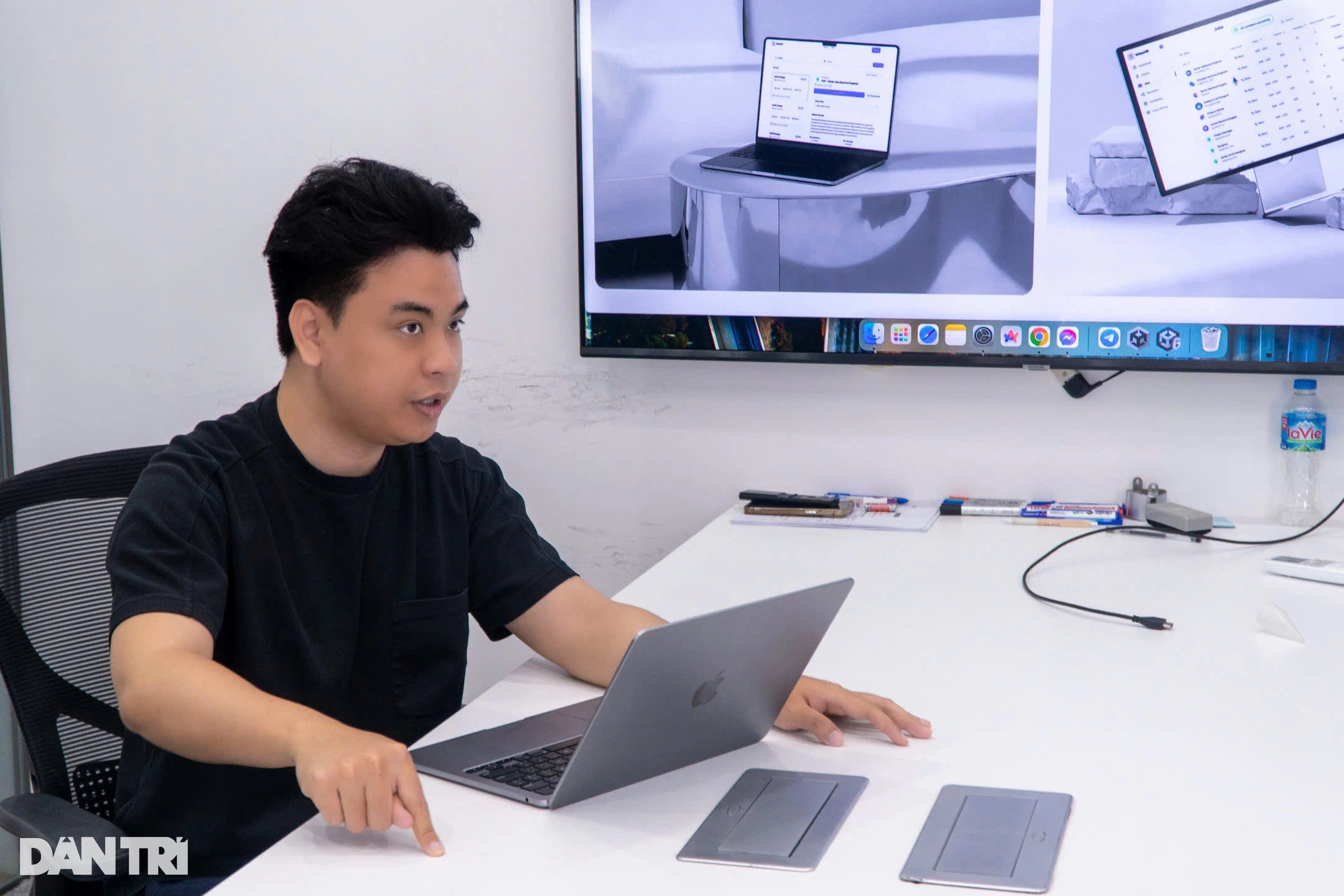
According to Hung, the AI application software market is entering a period of strong fluctuations.
When market entry becomes easy, fragmentation inevitably results. Many small units appear with flexible models and diverse approaches. Supply increases, and price competition soon takes place.
Even Hung’s company has adjusted its pricing strategy to adapt. However, he asserts that this is not the result of a trade-off in quality but rather a clear increase in productivity.
"The number of programmers has not changed much, but the number of projects has nearly doubled within a year. AI helps shorten time, reduce pressure on personnel, thereby reducing production costs," Hung shared.
From Hung's perspective, it is the natural operation of the law of supply and demand. When productivity increases, costs decrease, and service prices will also be adjusted accordingly.
“Whether we like it or not, the whole industry is going to have to change in that direction,” he said.
However, he also emphasized that price is never the first factor that customers care about.
In the field of software development, the first factors to consider are always professional competence, long-term support and project portfolio. Artificial intelligence can shorten the time and support operations, but it cannot replace the core competence of the enterprise.
Competitive pressure also pushes up the overall quality level. As every unit is forced to optimize the process, the final product of the industry is gradually getting better, but on the other hand, the market is also restructuring.
Utilizing AI, Vietnamese businesses compete well internationally
The question of the competitiveness of Vietnamese software enterprises in the international market is becoming hotter than ever, especially when the AI wave begins to reshape the entire global technology industry.
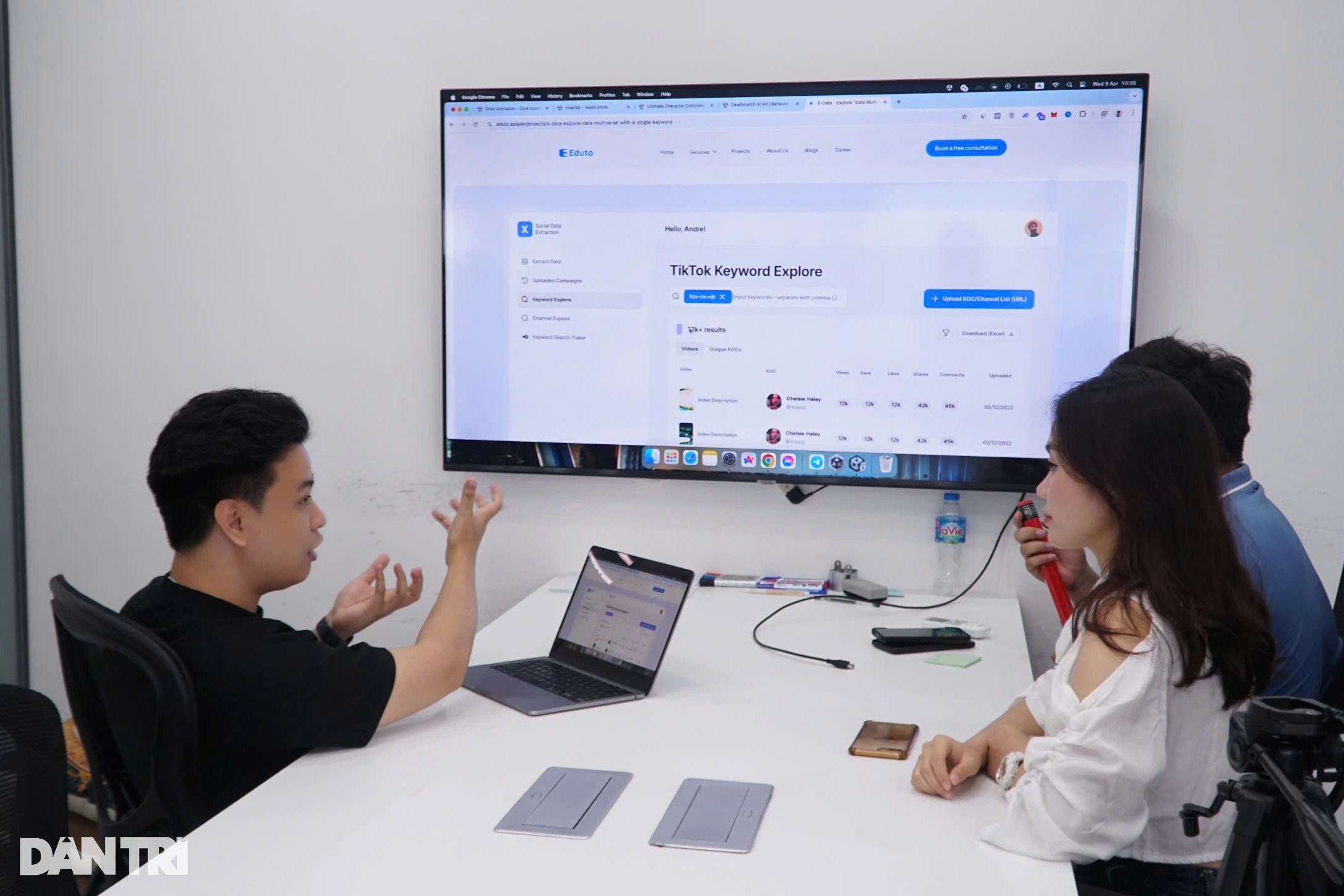
As AI is deployed globally, Vietnam's strengths, such as low labor costs and deployment speed, are gradually being eroded.
Over the years, Vietnam has been positioned as one of the countries with the fastest growing and largest software outsourcing industry in the world . There are three main factors that make up that advantage.
Firstly, Vietnamese people have a good foundation in logical and mathematical thinking, thanks to theeducation system that focuses on natural sciences. This is a very important factor when training programmers.
Second, the moderate standard of living helps keep labor costs low.
Third, Vietnam has built a reputation for consistent quality, fast delivery and reasonable prices.
"In the early stages, my company received many large orders from international corporations. Customers came to us because we guaranteed three factors: fast work, good work, and affordable prices," Hung shared.
However, the landscape is changing. As AI is deployed globally, Vietnam’s once strong points, such as low labor costs and speed of implementation, are gradually being eroded.
"We are not the only ones who know how to use AI. Other countries will also be able to apply it, and can even do it faster and more deeply. Any country with a smarter and more synchronous implementation strategy will quickly create a new competitive advantage," the head of this company commented.
Besides, we are living in a flat world. A programmer in any country can work remotely for a business anywhere.
Meanwhile, with the support of AI, foreign businesses can cut costs by utilizing local resources instead of outsourcing to countries like Vietnam.
"As the cost gap between domestic and foreign markets is gradually narrowed by tools, the motivation to outsource will also decrease. This is a factor we are observing very closely," the 9X CEO added.
In the long term, according to him, Vietnam will still maintain a certain position in the international software outsourcing industry, because its technical foundation and quality have been proven over time. However, we cannot be subjective. The game is changing.
“We no longer compete on low cost, but on quality, industry knowledge, innovation, and how smart we apply AI,” he said.
Software development in Vietnam is growing at a rapid pace, but that pace also needs to be accompanied by a clear strategy and the ability to adapt promptly to global changes.
AI is gradually becoming the "invisible human resource" of every industry.
"It's not the technology industry, but businesses that are the ones reacting fastest to the AI wave," Nguyen Viet Hung commented.
In just 2-3 years, since ChatGPT and new generation AI models emerged, a series of businesses have proactively sought to integrate artificial intelligence into almost every link in their operations.
From recruitment, human resource management, customer care to product development,... AI is increasingly present.
"We see that the demand for developing AI application systems is increasing rapidly, not only in the technology sector but also in seemingly unrelated industries such as healthcare, tourism or education. Businesses do not wait for trends but proactively seek to take advantage of new tools to make a difference," said Hung.
In recruiting, AI is being used to automatically screen hundreds of thousands of resumes every day, match information to job requirements, and even suggest suitable candidates based on behavioral data. "What used to take weeks can now be done in minutes," Hung said.
The healthcare sector is also shifting. Many companies are starting to deploy computer vision technology, which allows AI to “read” and analyze medical images, helping doctors diagnose, monitor, and automate parts of the patient care process.
In the travel industry, some companies are developing systems that can plan complete itineraries: from booking hotels, choosing restaurants, determining travel routes to recommending personalized experiences for each traveler, all based on user data and behavior.
AI is no longer a tool reserved for engineers or programmers. It is becoming the new operating platform, present in every industry and at every level of organization.
In this context, the challenge is not just to keep up with technology, but to develop an adaptive mindset, how to make people and tools work together in harmony. And how each business answers this question will shape its position in the future.
Source: https://dantri.com.vn/cong-nghe/chien-thuat-dung-ai-nguoc-giup-startup-viet-nhan-doi-quy-mo-20250503165708164.htm


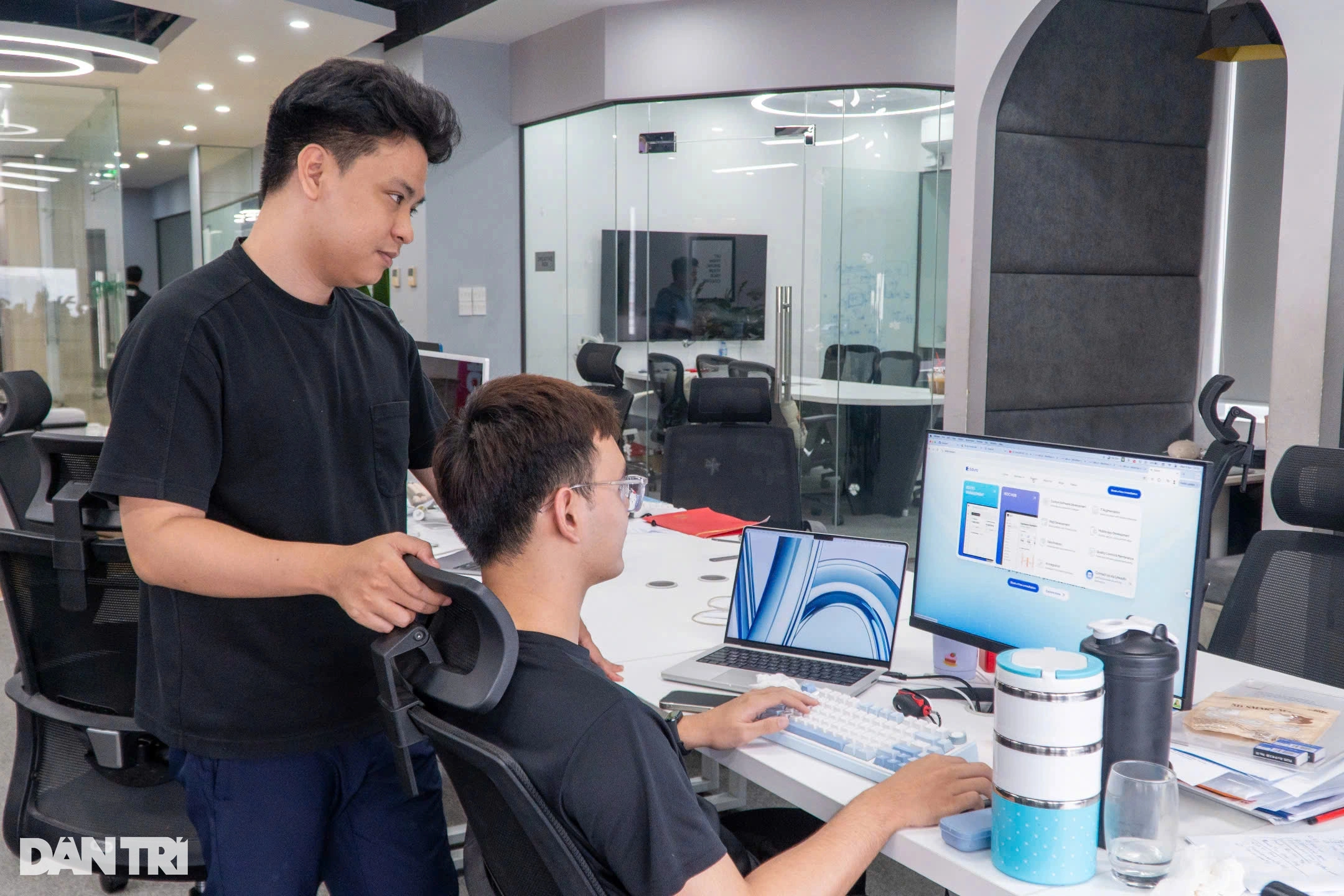
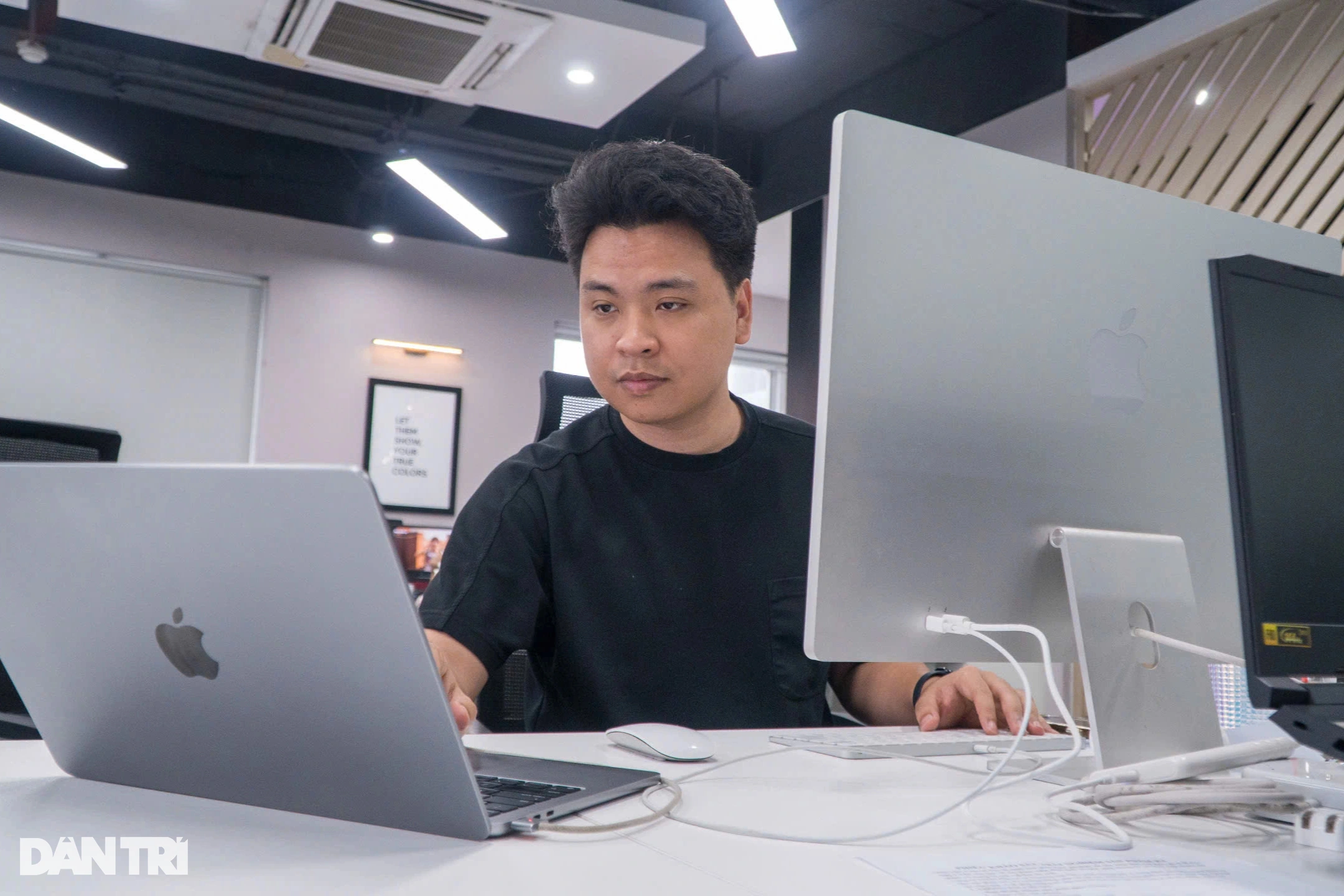
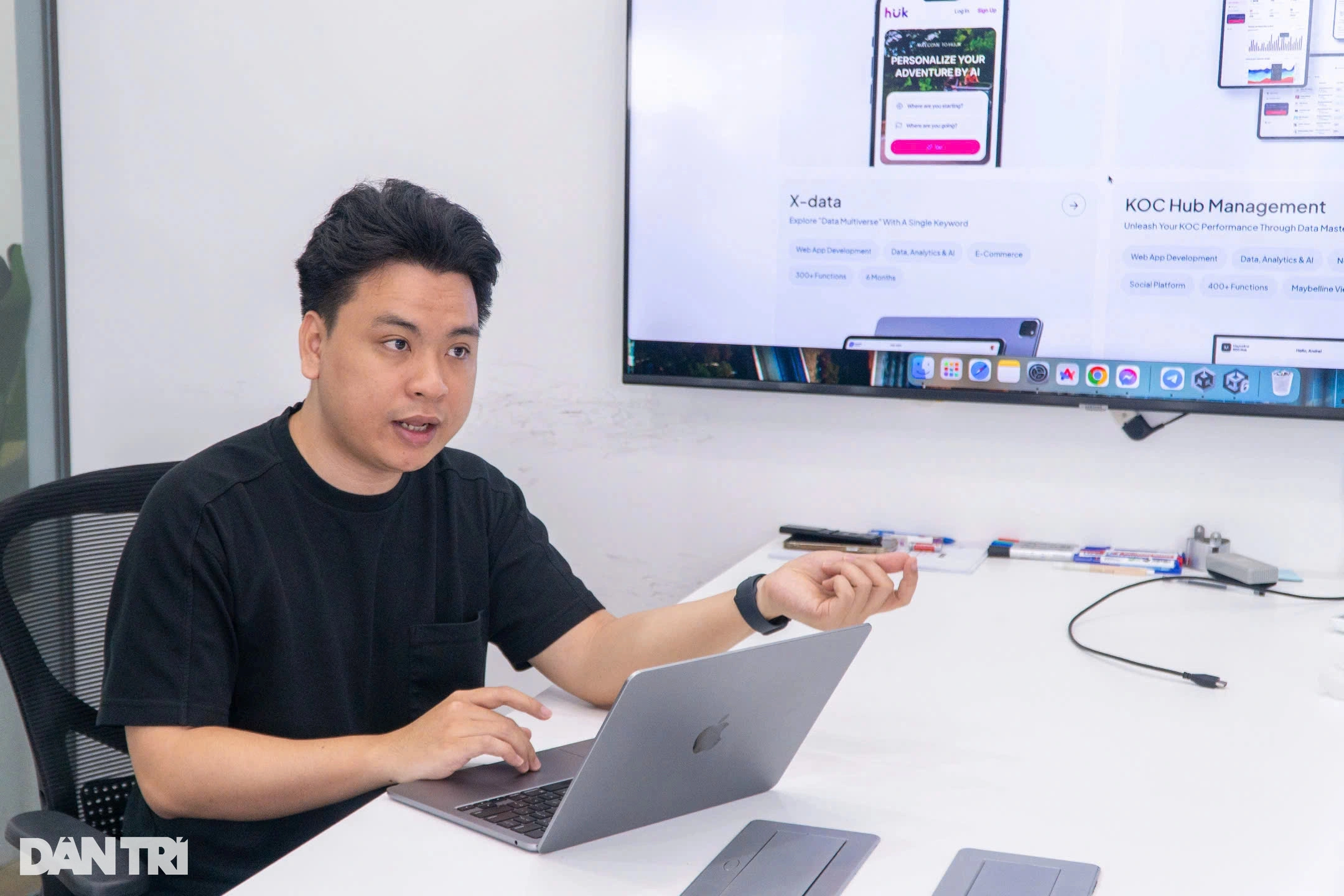

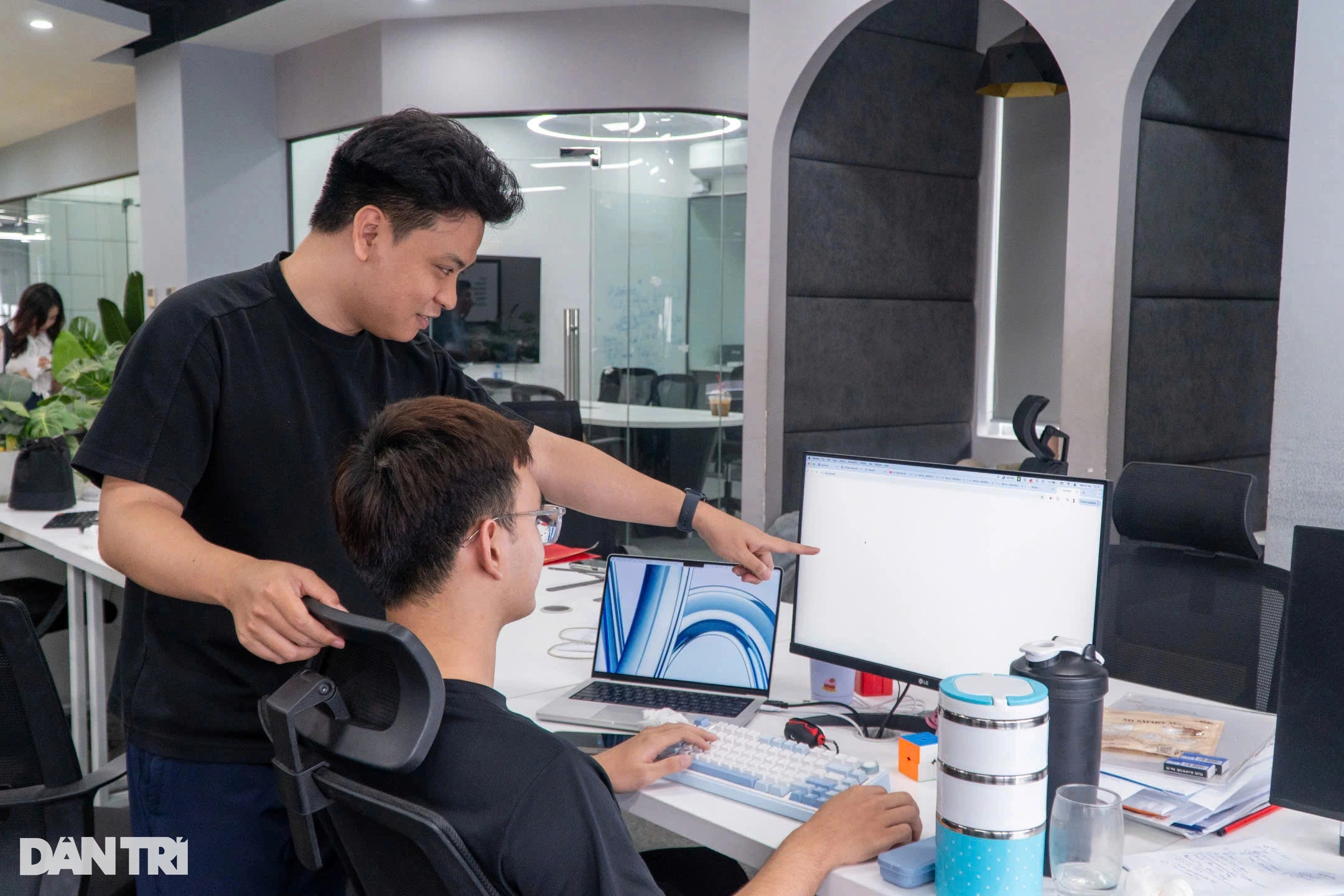
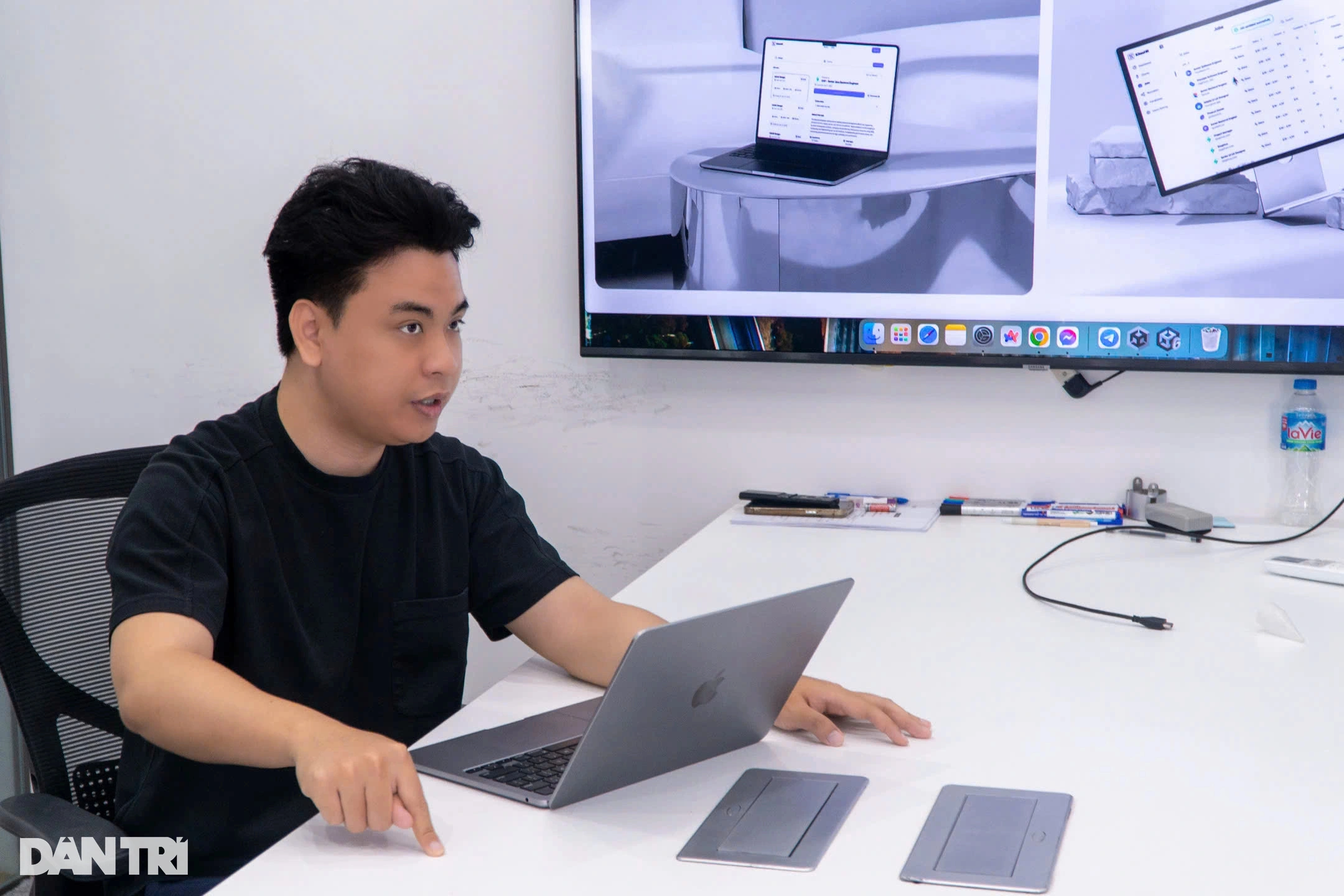
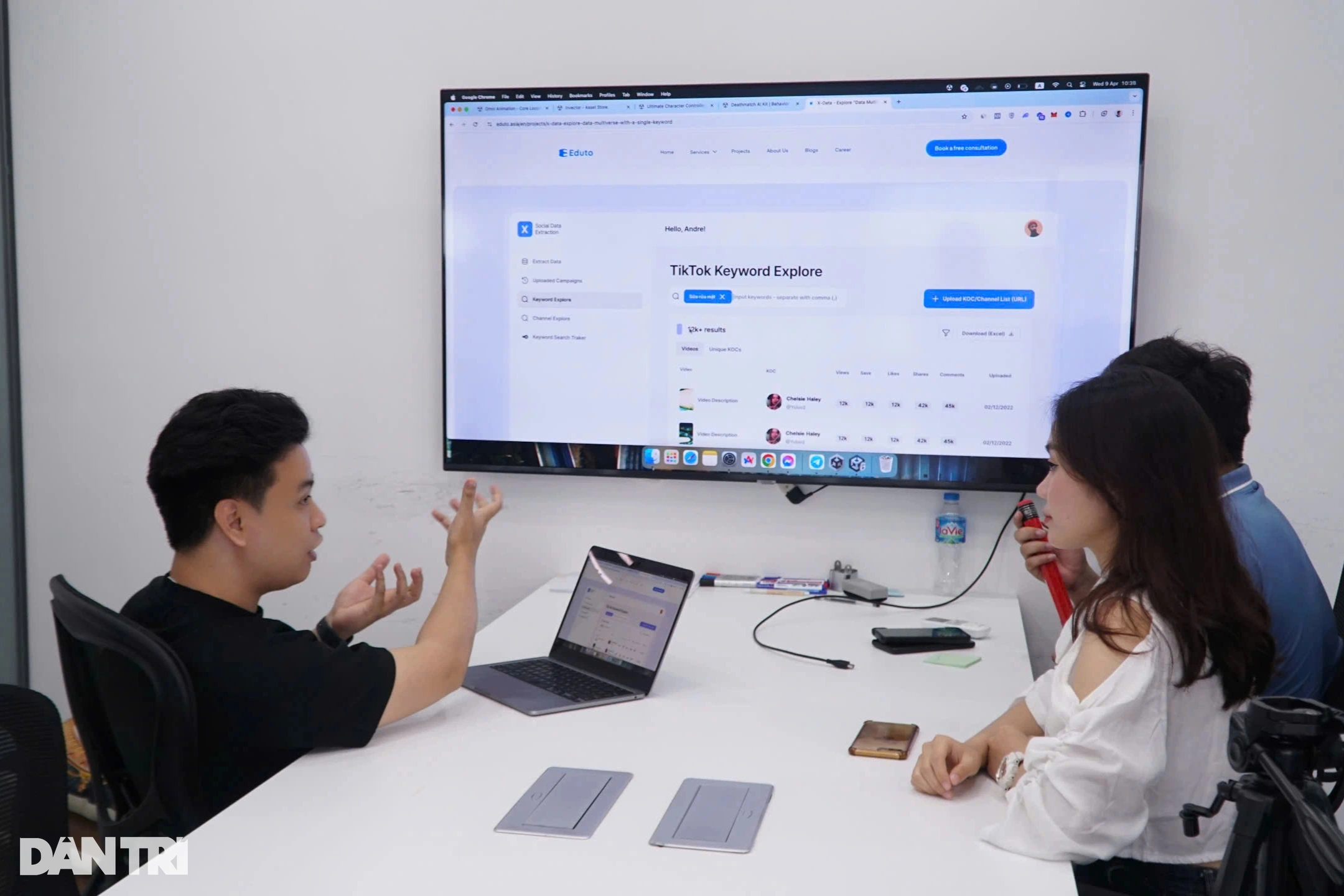










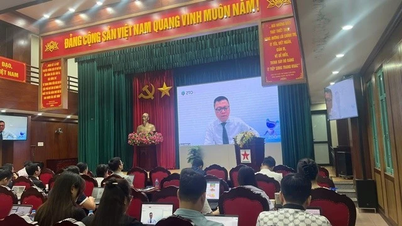

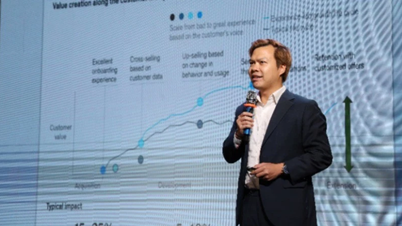


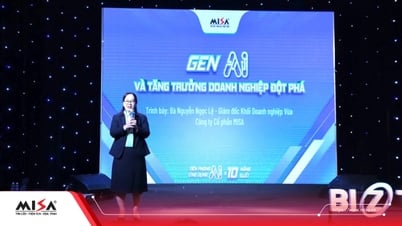






















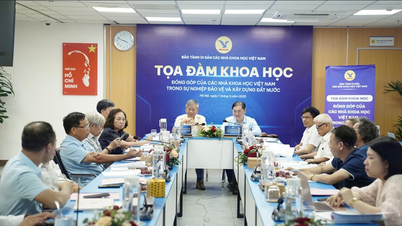

















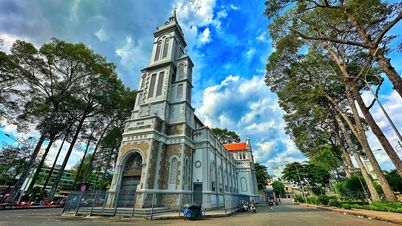



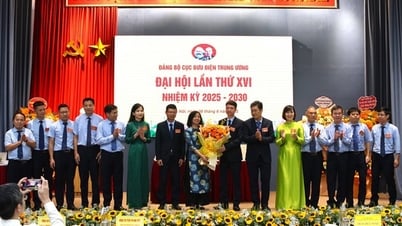






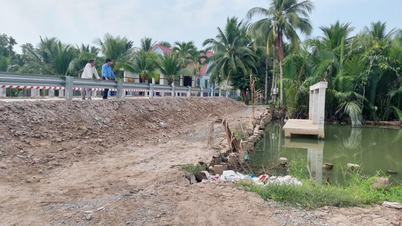






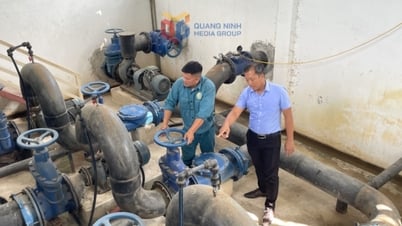










![[OCOP REVIEW] Tu Duyen Syrup - The essence of herbs from the mountains and forests of Nhu Thanh](https://vphoto.vietnam.vn/thumb/402x226/vietnam/resource/IMAGE/2025/6/5/58ca32fce4ec44039e444fbfae7e75ec)







Comment (0)